Property Management Success: Healthy Medical Office Spaces
What makes the grade in this demanding, high-growth specialty.
The health-care industry is as strong as ever, with demand for both elective and non-elective outpatient care and employment increasing substantially during the past several years. According to a September report from Savills, outpatient volumes are expected to increase by more than one-quarter in the next 10 years, while health-care related employment is expected to grow by 12 percent through 2028.
However, with this growth comes a need for an intense focus on managing these specialized facilities. While the most in-demand medical specialties vary considerably by location, some best practices apply across the board.
Mastering maintenance
Strategies for keeping patients healthy and doctors happy all usually flow from a central function: maintenance and cleanliness procedures. They both are a double-edged sword; they leave a lasting mental impression on the doctors, nurses, staff and patients, but also have the potential to impact the quality of the treatments.
Justin McKanna, an associate director at Hiffman National, believes that this applies especially to janitorial services, generally considered to be the most important aspect of day-to-day maintenance. For instance, an unkempt space may not only spread disease, but cause patients to think twice about getting a procedure done there.
“That’s the first impression patients get when they walk into that clinic or surgery center,” McKanna told Commercial Property Executive. “You want that building to reflect the same quality of care that tenants expect to receive.”
Crucial to meeting these goals is choosing a medical office cleaning company, ideally one experienced in medical waste handling, as well as in medical-grade disinfection and hygiene.
In practice, this might mean spending up to 30 percent more than a traditional office operator on those services, but McKanna sees it as necessary. “We can get a bid from any janitorial company and the cost is probably going to come cheaper than you would from dealing with the medical office janitorial company, but you’re not going to get that same service and quality that tenants expect,” he said.
Besides surface cleaning, the spaces require more duct cleaning and dust control, which are often especially important for hermetic operating rooms.
This same specialized approach governs HVAC maintenance, as attention to heating, cooling, humidity and airflow is vital for preventing the spread of disease. These considerations not only impact the working conditions, but also the quality of the treatment provided. As a rule of thumb, “If somebody says it’s 72 degrees and it’s too warm, then we say, ‘OK, 72 degrees is definitely too warm for you, and we’ll adjust it,” said Margaret Gaca, vice president of property management at HSA PrimeCare.
READ ALSO: Getting in the Heads of MOB Tenants
Medical office property managers also think of maintenance in the future tense, especially as they build out spaces for new, specialized tenants. Top of mind is HVAC needs, which vary widely.
“When new equipment comes in, we ask, ‘What does it require? Do (they) require additional heating or cooling?'”, Gaca observed. “If we don’t build it out right, then they are not going to operate properly.”
A final consideration is accessibility and Americans with Disabilities Act compliance, alongside making sure that wheelchair access, wayfinding signage and parking spaces all facilitate patient mobility. McKanna advises working with specialized architects and contractors, regardless of whether it’s a ground-up project or a redevelopment.
Above and beyond

Medical offices that truly stand out not only meet the highest standards for maintenance and cleanliness, but also offer personalized experience to tenants and patients.
“(For) any of us who manage high-rise buildings, we are used to having staff that is there 12 hours a day handling everything, and your typical suburban building did not have that level of onsite staff on a daily basis,” said Patty Nooney, principal director of real estate management services at Avison Young.
Property managers like to focus on the minutiae of the buildings, as well as the personnel they choose to manage them. For Gaca, placing a doctor’s name on a door sign and key fob, choosing the right wall paint color or furniture speak volumes about the property management team’s level of commitment.
Such considerations also play a role in the mental wellbeing of patients. Along with aesthetically appealing offices, waiting areas and exam rooms, exteriors can also differentiate a property. “Patients’ mental health is better if they can view green space out of a window, or, if someone has to go for regular treatment, they can go into some kind of garden or patio area,” Nooney said.
Offering a concierge-like level of service is equally important to the quality of the space. Traditional communication and hospitality skills, alongside attention to real-time feedback, may sound like clichés, but they are definitely noticed by patients and the tenant’s team. Whether the patient is coming in for a dialysis appointment or banged up with a pickleball injury, it’s an expectation that building staff are not only attentive, but welcoming. “Our product is our people,” McKanna concluded.

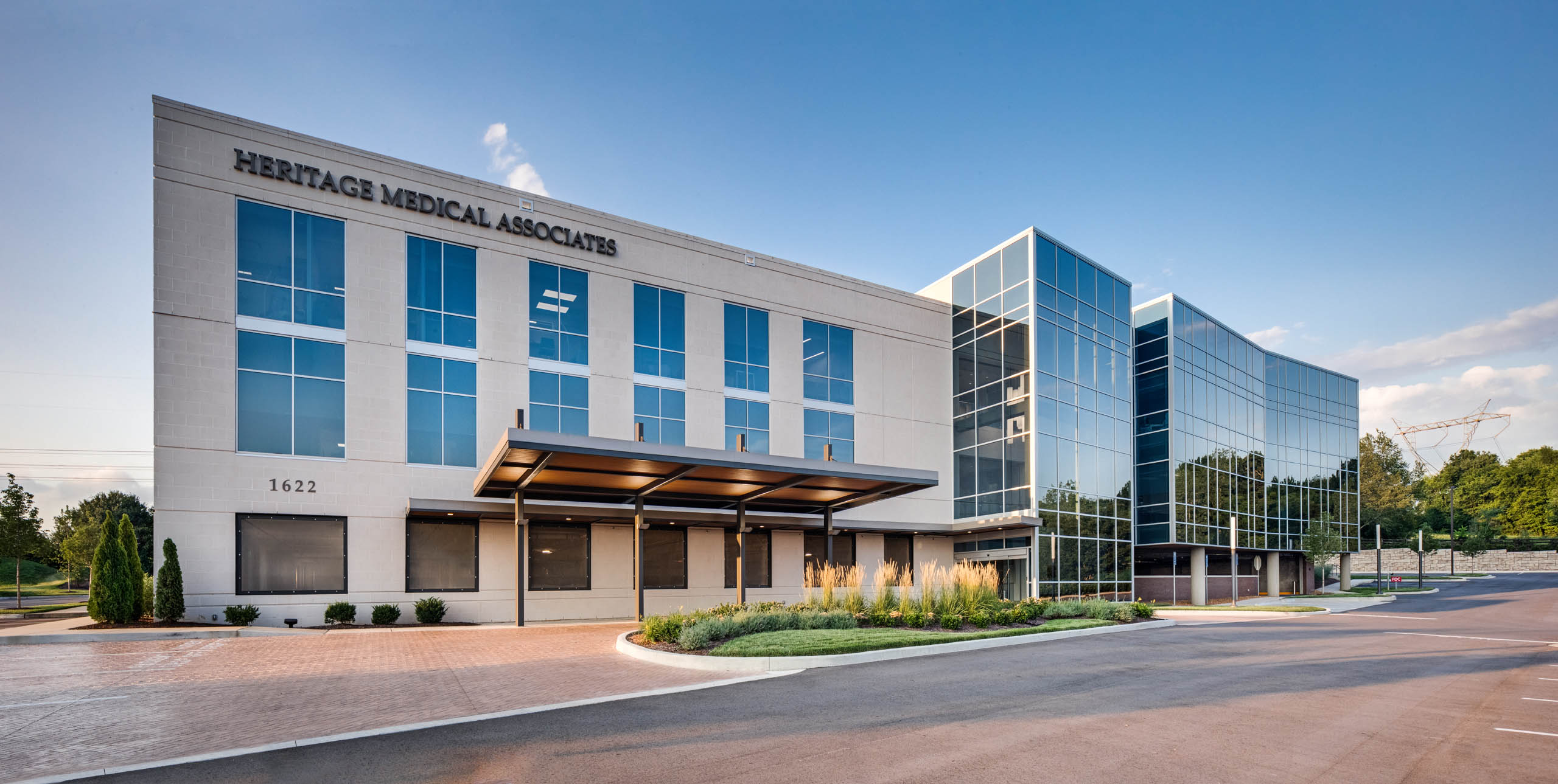
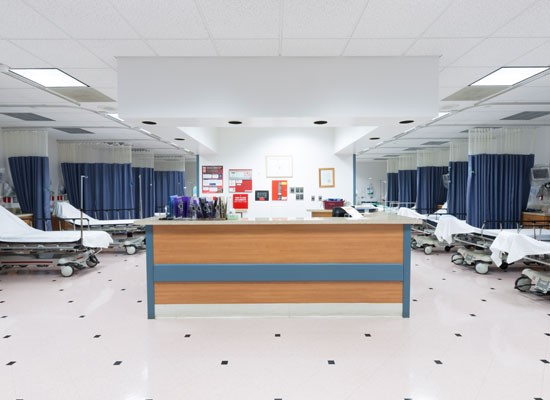
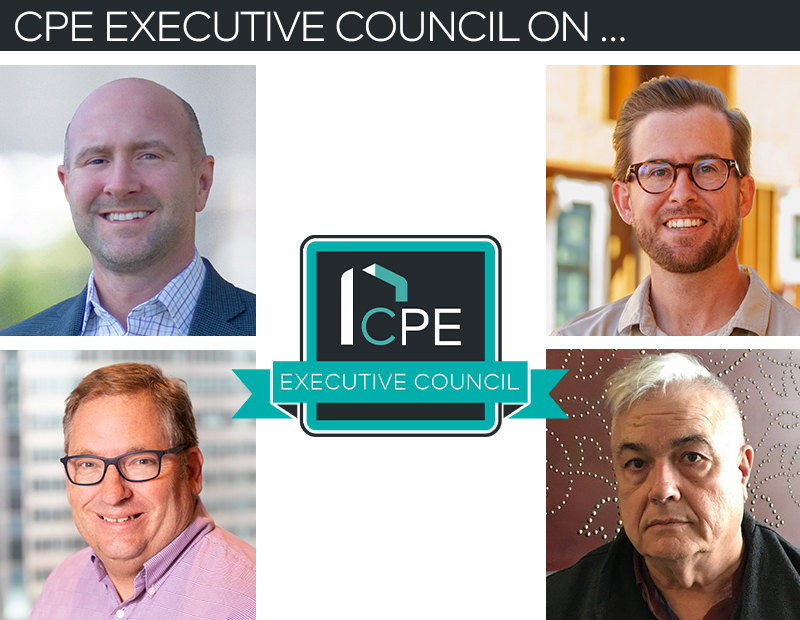
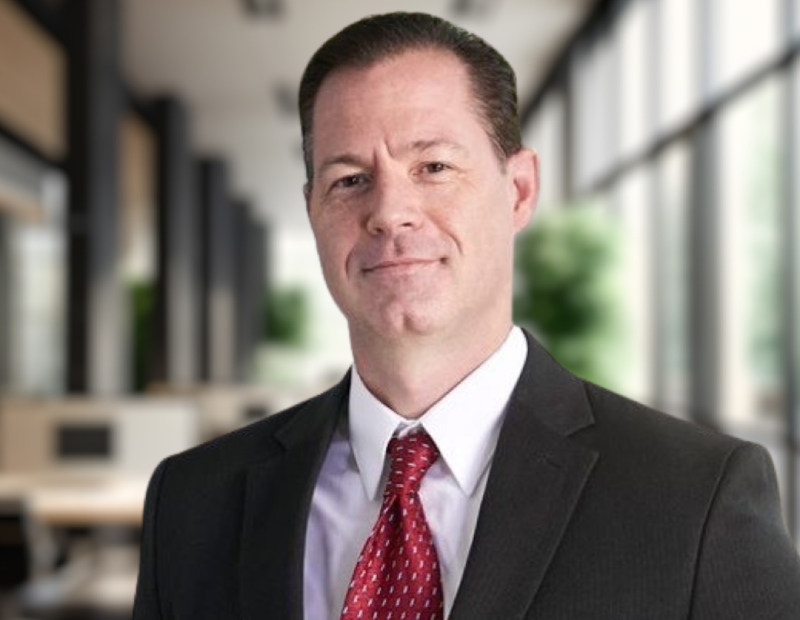
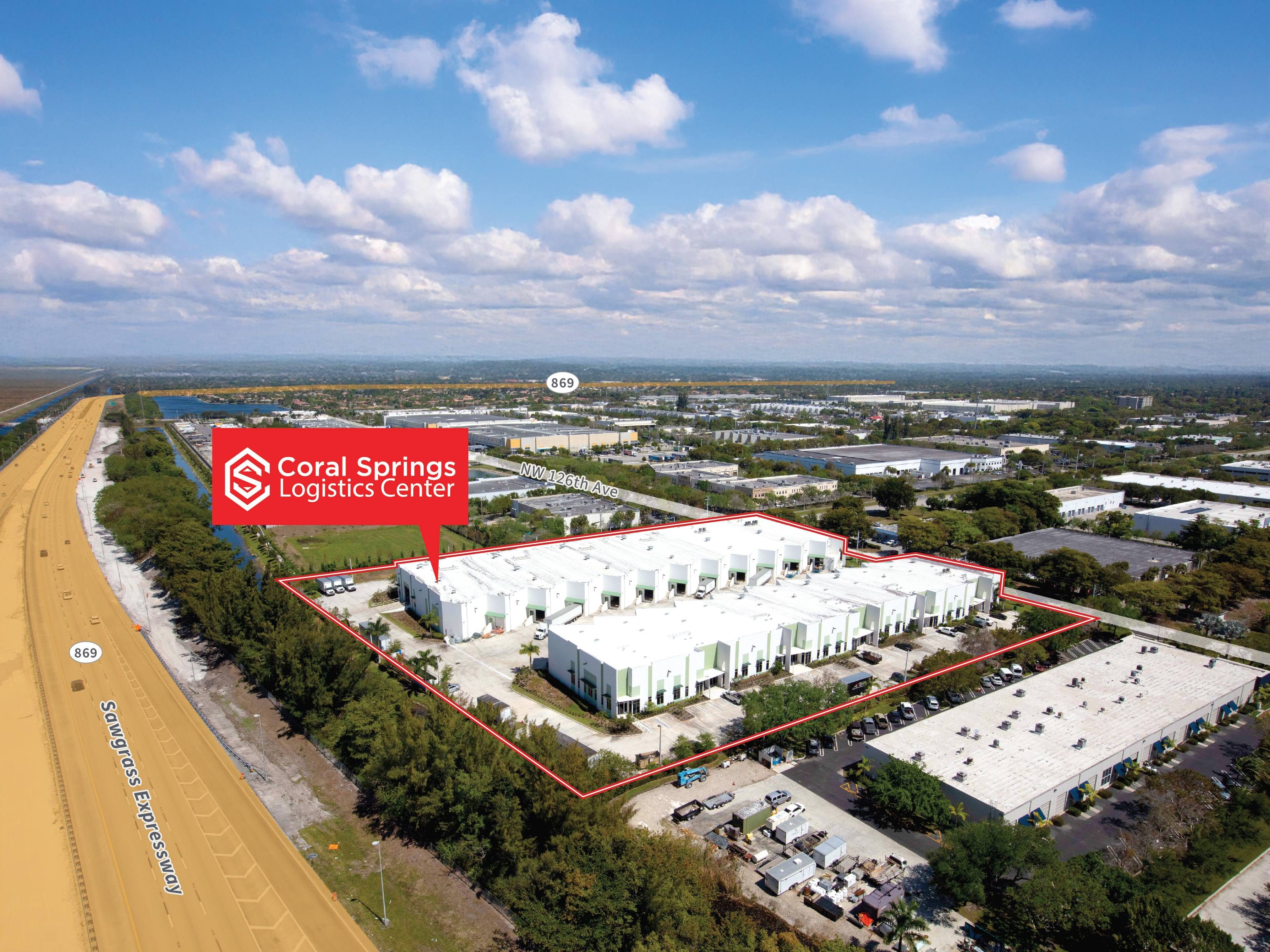
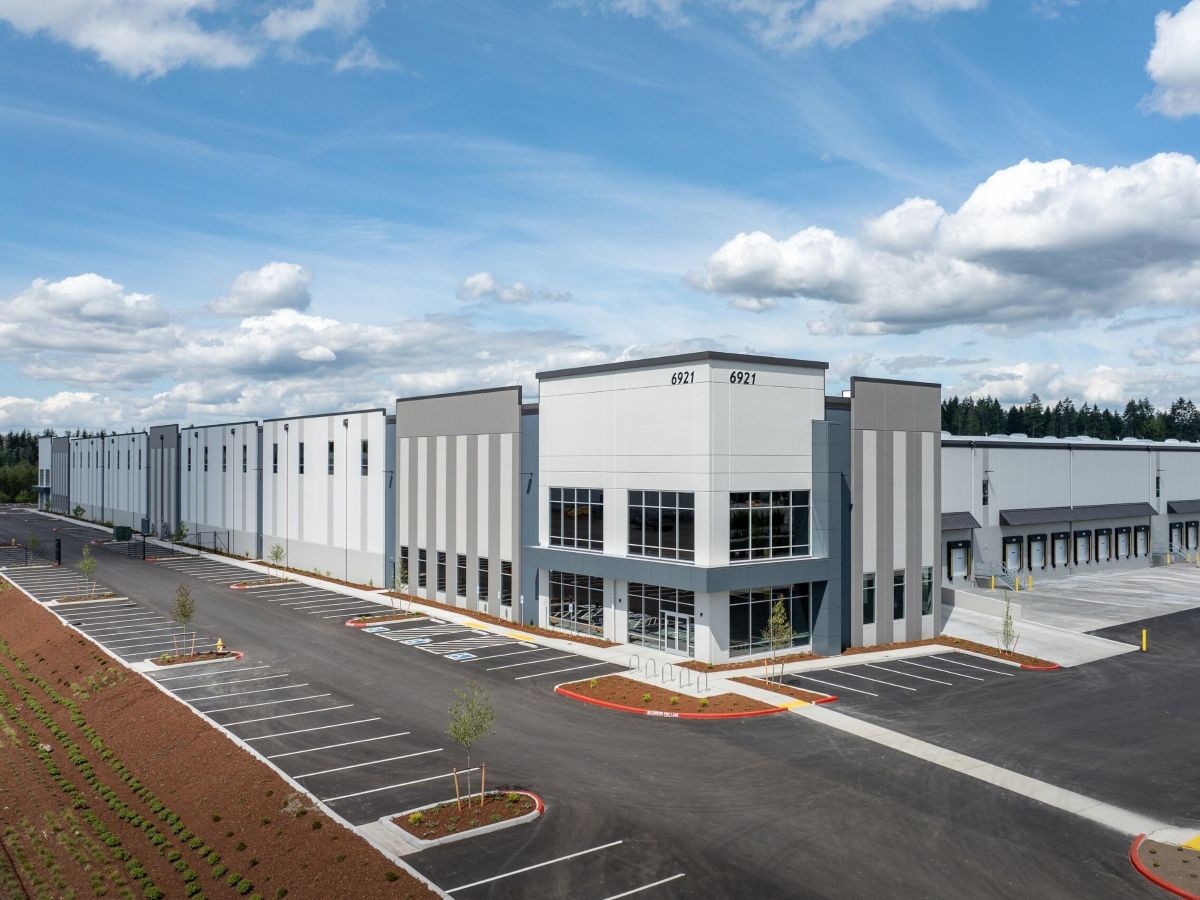
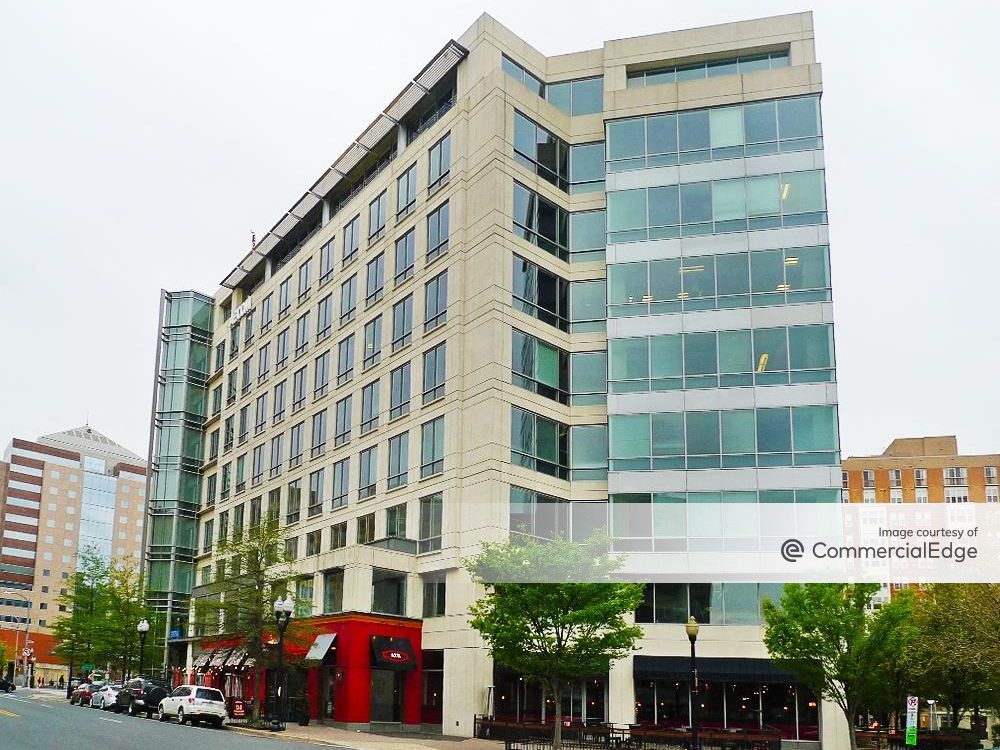

You must be logged in to post a comment.